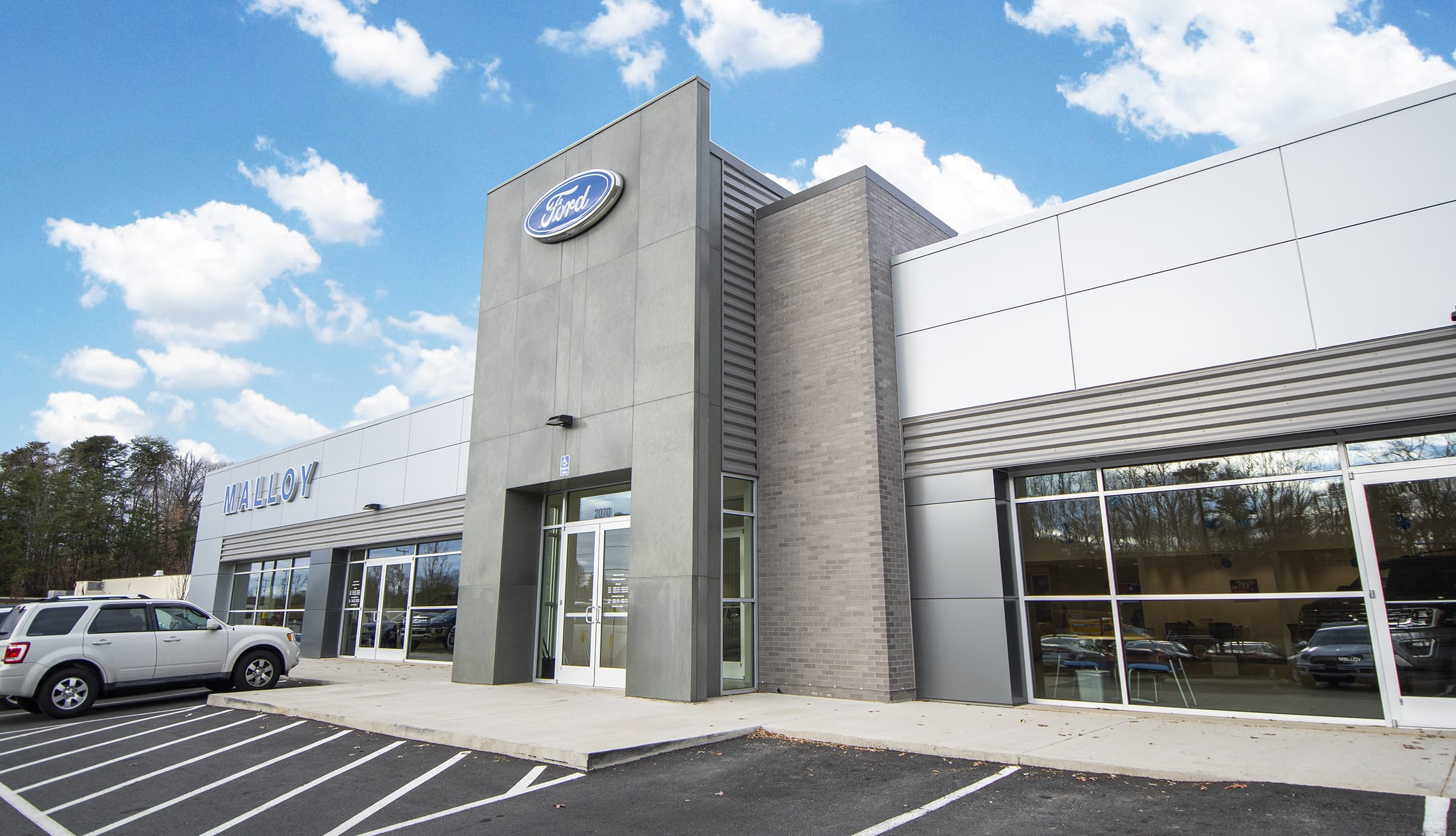Ford Motor Company has announced that it has achieved its highest annual sales in the United States since 2019, marking a noteworthy milestone for the automaker. This achievement comes at a time when the automotive industry has been grappling with various challenges, including supply chain issues and changing consumer behaviors. Ford’s sales figures indicate a strong recovery and a positive outlook for the company as it continues to adapt to the evolving market landscape.
In 2023, Ford’s sales reached impressive numbers, driven by the enduring popularity of its truck and SUV models. The Ford F-Series, which has long been a best-seller in the United States, played a significant role in this success. The F-150, in particular, has maintained its reputation as one of the most sought-after vehicles, appealing to both individual consumers and commercial buyers alike. The automaker’s commitment to innovation and sustainability has also resonated with customers, as Ford continues to expand its lineup of electric vehicles (EVs) and hybrid models.
The automotive market has seen a notable shift in recent years, with consumers increasingly gravitating towards larger vehicles such as SUVs and trucks. Ford’s strategic focus on these segments has positioned the company well to capitalize on this trend. The introduction of new models, along with updates to existing ones, has helped Ford meet the demands of a diverse customer base. Additionally, Ford’s efforts to enhance its manufacturing capabilities and streamline production processes have contributed to its ability to fulfill orders in a timely manner.
Ford’s sales performance is not only a reflection of its strong product offerings but also of its ability to navigate the complexities of the current economic environment. The company has faced challenges related to semiconductor shortages and supply chain disruptions, which have impacted the entire automotive industry. However, Ford has implemented measures to mitigate these issues, including strategic partnerships with suppliers and investments in domestic manufacturing. These initiatives have enabled the company to maintain a competitive edge and respond effectively to market demands.
In addition to its focus on traditional vehicles, Ford has made significant strides in the electric vehicle market. The automaker has committed to investing billions of dollars in EV development and production, aiming to become a leader in this rapidly growing segment. The launch of the Ford Mustang Mach-E and the all-electric Ford F-150 Lightning has garnered attention and praise from consumers and industry experts alike. These vehicles not only align with Ford’s sustainability goals but also cater to a growing consumer preference for environmentally friendly transportation options.
Ford’s success in 2023 can also be attributed to its strong marketing and branding efforts. The company has effectively communicated its vision for the future of mobility, emphasizing innovation, sustainability, and customer satisfaction. By engaging with consumers through various channels, including social media and digital marketing, Ford has strengthened its connection with its customer base. This approach has helped the company build brand loyalty and attract new buyers.
Looking ahead, Ford’s leadership remains optimistic about the future of the company and the automotive industry as a whole. While challenges such as supply chain disruptions and economic uncertainties persist, Ford’s strategic initiatives and commitment to innovation position it well for continued growth. The company is focused on enhancing its product offerings, expanding its EV lineup, and improving its manufacturing processes to meet the evolving needs of consumers.
In conclusion, Ford Motor Company’s achievement of its highest annual sales in the United States since 2019 underscores its resilience and adaptability in a challenging market. The company’s strong sales figures reflect consumer demand for its popular truck and SUV models, as well as its commitment to innovation and sustainability. As Ford continues to navigate the complexities of the automotive landscape, its focus on meeting customer needs and embracing new technologies will be crucial to its ongoing success.



